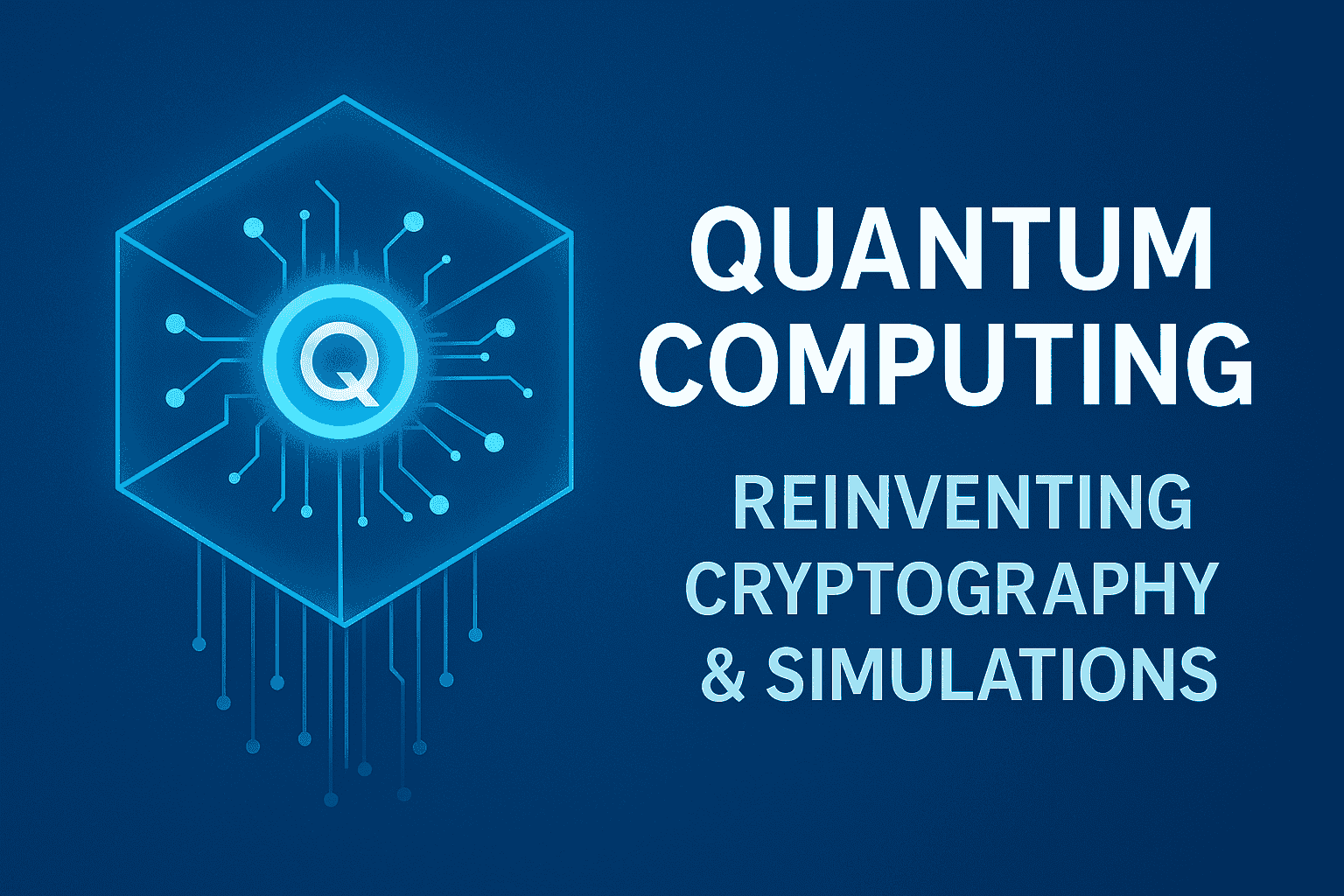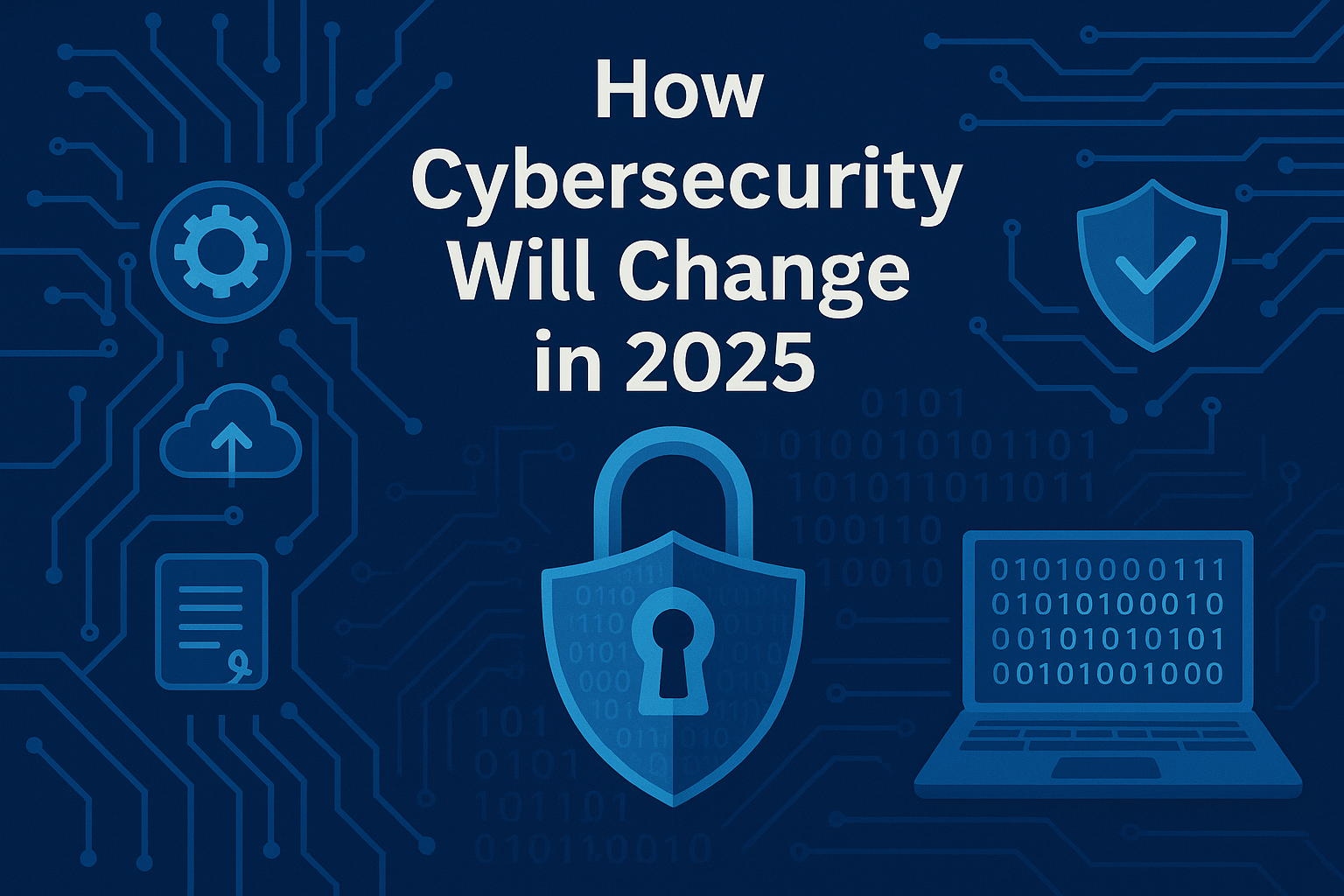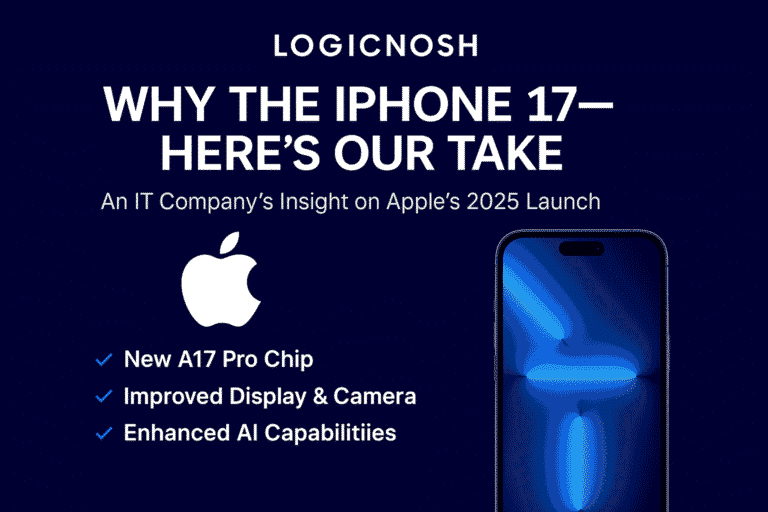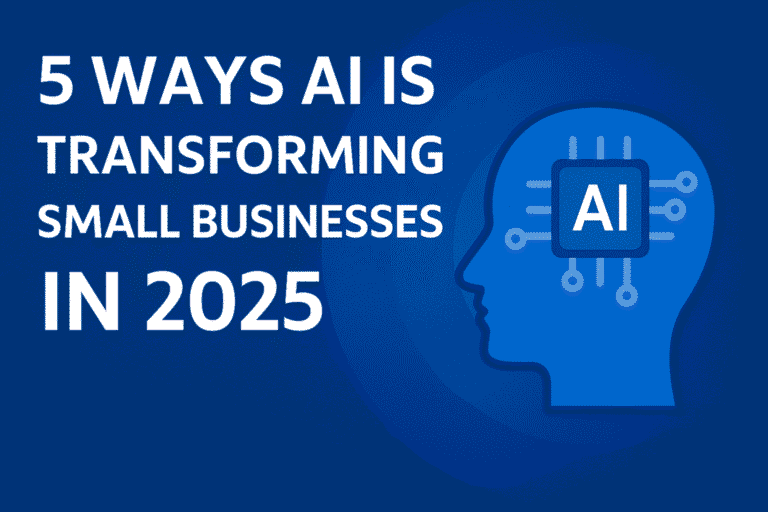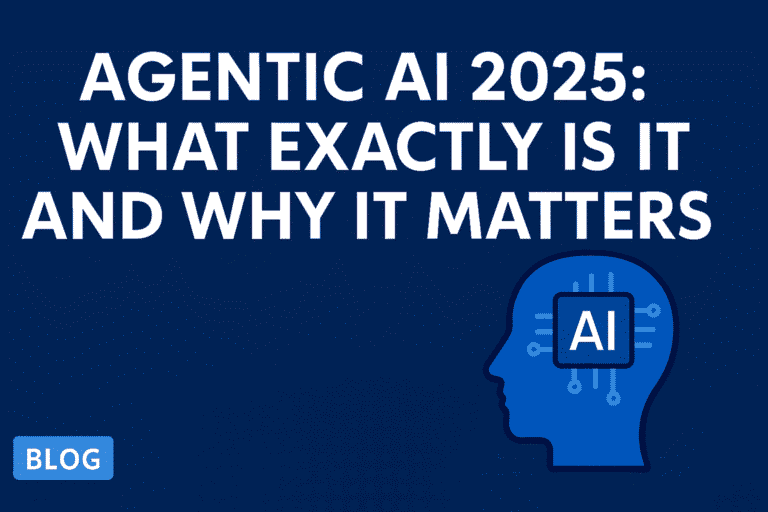Quantum Computing in 2025: Transforming Cryptography and Simulations
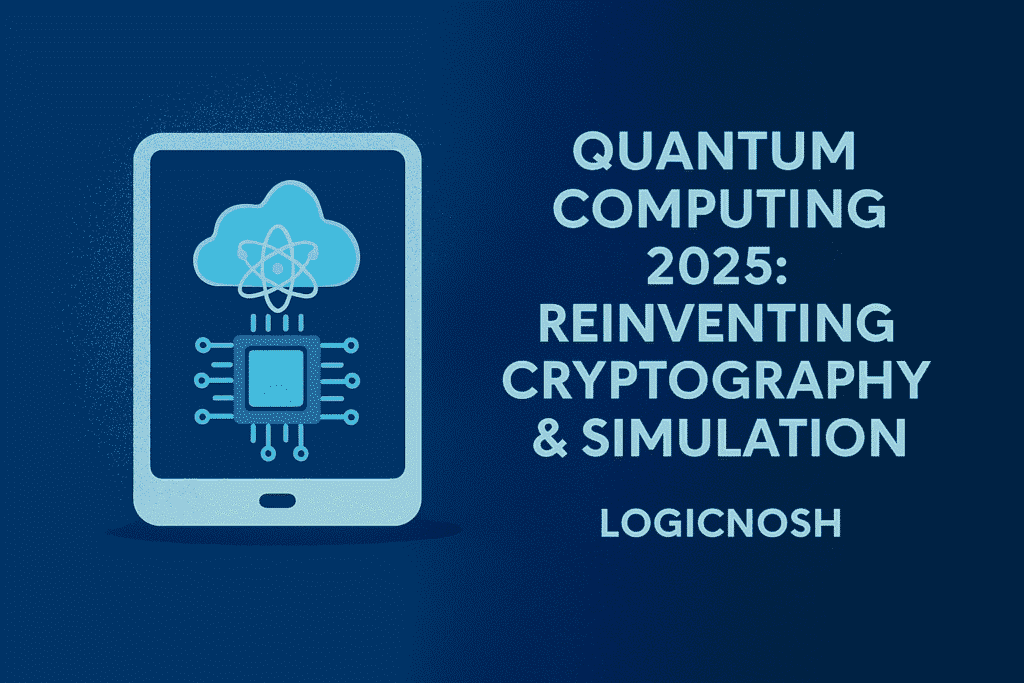
Introduction:
Quantum Computing 2025 is no longer science fiction. It’s actively transforming how industries handle cryptography and complex simulations. As we step into a quantum-powered era, businesses and developers must understand how this technology will shape the digital landscape. In the evolving tech landscape of 2025, From breaking classical encryption to accelerating drug discovery and material simulations, quantum systems are redefining what’s possible.
In this blog, we’ll explore what quantum computing is, how it’s disrupting cryptography and simulations, real-world applications, and what it means for IT agencies and businesses alike.
What Is Quantum Computing?
Unlike classical computers that use bits (0s and 1s), quantum computers use qubits—which can exist in multiple states simultaneously due to quantum superposition and entanglement. This enables them to perform complex calculations at speeds that would take classical computers years.
Key Concepts:
- Qubits: Quantum bits capable of superposition.
- Superposition: Qubits can be both 0 and 1 at the same time.
- Entanglement: Correlated qubits affect each other’s state instantly.
- Quantum Gates: Logical operations performed on qubits.
Quantum vs Classical: Why Speed Isn’t Everything
While the speed of quantum computing often makes headlines, its true power lies in problem complexity. Traditional (classical) computers work linearly—they process one possibility at a time. Quantum computers, using qubits and superposition, can explore millions of possibilities simultaneously.
This makes quantum systems ideal for:
- Optimizing logistics routes in seconds that take classical systems hours
- Simulating quantum physics in materials and drug discovery
- Solving problems with exponentially large variables (e.g., protein folding)
However, quantum computers are not here to replace classical ones. Instead, they’ll work alongside—handling only the problems that benefit from quantum speed and structure.
As Quantum Computing 2025 matures, hybrid architectures (quantum + classical) will likely dominate future infrastructure.
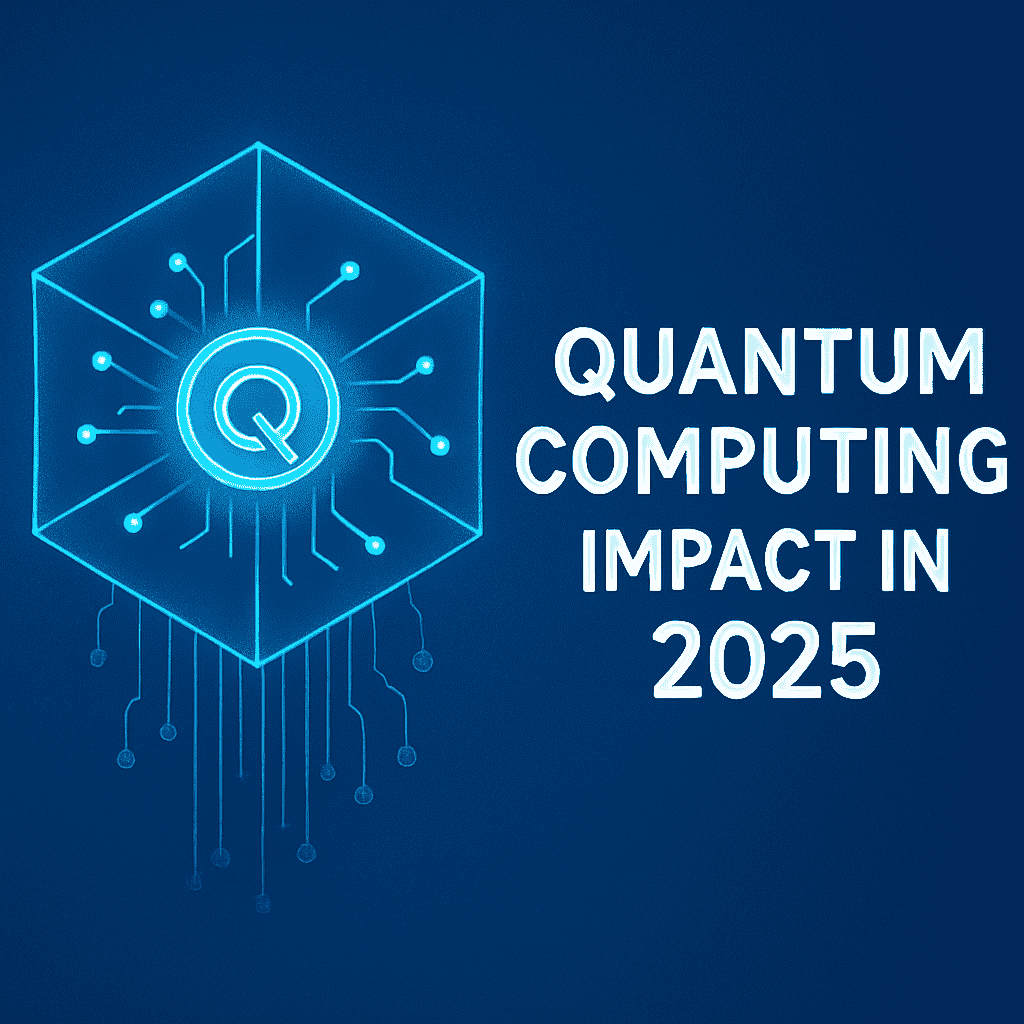
Quantum Computing in Cryptography
Why It’s Disruptive:
Quantum computers threaten current encryption standards like RSA and ECC by solving factoring and discrete logarithm problems exponentially faster.
Real-World Impact:
- Post-quantum cryptography is being developed to secure future data.
- Government and enterprises are already testing quantum-resistant algorithms.
- NIST has released finalists for post-quantum cryptographic standards.
Use Cases:
- Secure messaging apps
- Blockchain protection
- Military-grade encryption systems
Quantum Computing 2025 in Simulations
Classical computers struggle with complex simulations due to limited processing. Quantum systems solve this by handling parallel computations.
Areas Seeing Impact:
- Drug discovery: Simulating molecular interactions accurately
- Material science: Designing lightweight but strong materials
- Climate modeling: More accurate environmental simulations
Example: IBM’s Quantum systems have already been used to simulate lithium hydride molecules for energy storage research.
How Businesses Can Prepare
1. Understand Quantum Readiness
Companies should assess their dependency on classical cryptographic systems and identify future vulnerabilities.
2. Invest in Quantum Talent
Hiring or training quantum developers will become critical as demand grows.
3. Adopt a Hybrid Model
Integrate quantum simulators with classical infrastructure using cloud-based services like Microsoft Azure Quantum.
Internal Links (to other LogicNosh Blogs)
Outbound Links
FAQs: Quantum Computing 2025
Q1: Will Quantum Computing 2025 make classical encryption obsolete?
Yes, algorithms like RSA and ECC will eventually be broken by quantum systems. Post-quantum encryption is the next safeguard.
Q2: Can small businesses benefit from quantum computing?
Yes. Through cloud quantum services like IBM Q or Azure Quantum, even startups can access simulation and processing power without needing a quantum device.
Q3: Is quantum computing already being used in real-world applications?
Yes. Pharma companies, research labs, and governments use it for simulations, modeling, and encryption testing.
Q4: How soon will quantum computing be mainstream?
Estimates suggest 5–10 years for mainstream adoption, but its business impact is already being felt today in research-heavy industries.
Q5: What are the biggest limitations of quantum computing today?
Error correction, hardware instability, and cost are major barriers. But significant progress is underway, especially in superconducting and ion-trap technologies.
Conclusion
Quantum Computing 2025 is not a futuristic concept—it’s a transformative reality. For industries reliant on cryptography or simulations, understanding and preparing for this shift is crucial.
At LogicNosh, we help businesses adapt to emerging technologies like AI, quantum simulation, and post-quantum security solutions. Contact us if you want to future-proof your IT infrastructure.

